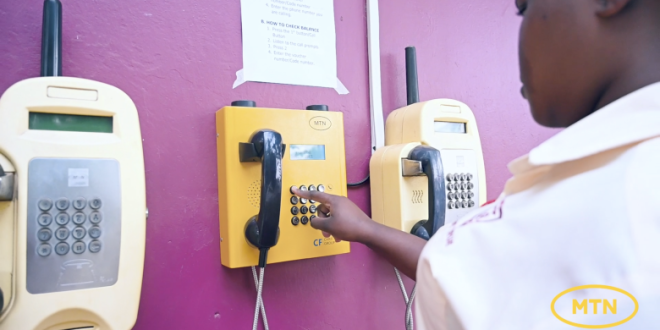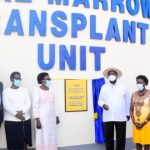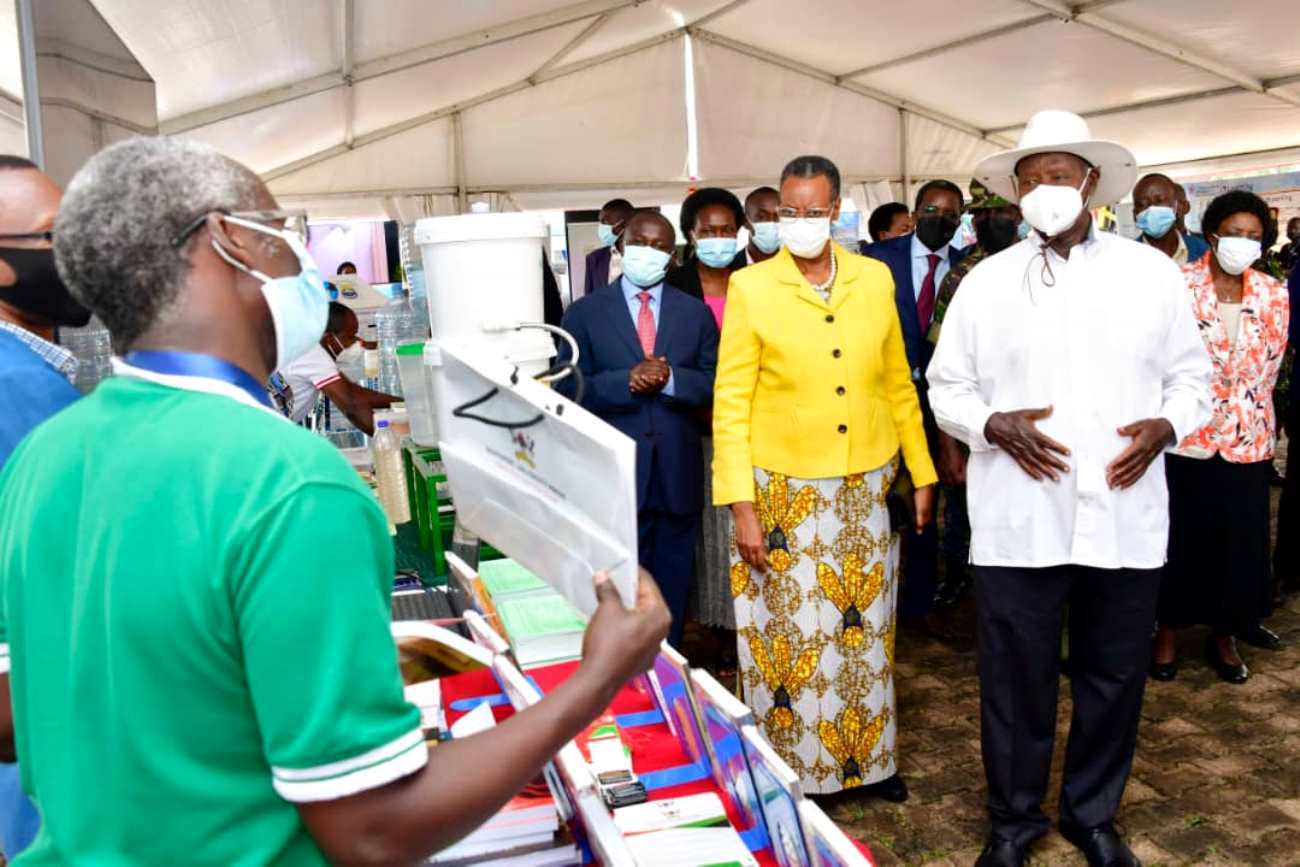In an era marked by the pervasive influence of mobile technology, Uganda, like many African nations, has witnessed a significant surge in mobile phone adoption and usage. Mobile phones have permeated various aspects of Ugandan society, transforming the way people communicate, access information, and conduct business. However, there remains a void that can only be filled by public payphones, particularly in environments where mobile phones face restrictions. A notable example is the education sector, where primary and secondary schools often prohibit students from owning mobile phones.
To address this digital divide and ensure that all its customers, including those with limited access to mobile phones, can enjoy the benefits of a modern connected life, MTN Uganda has embarked on a groundbreaking initiative. The company is introducing modern payphones, thoughtfully positioned in communities with low mobile phone penetration, which operate using digital vouchers, known as virtual cards.
These new-age payphones represent a significant leap forward from the traditional payphones that required physical cards or cash to make a call. The implementation of digital vouchers through virtual cards not only simplifies the communication process but also ushers in an era of greater connectivity for communities that have been underserved in the past.
The rollout of these innovative virtual card payphones commenced within the educational sector, specifically targeting schools. As part of MTN Uganda’s commitment to bridging the communication gap in Ugandan society, the plan extends beyond educational institutions. The telecom giant is actively strategizing to deploy these digital payphones in various other public spaces, including factories, hospitals, highways, and remote regions, where access to mobile phones may be limited.
Revolutionizing Communication in Schools:
Education is the cornerstone of any nation’s progress, and effective communication is a vital component of this process. However, many Ugandan schools have imposed restrictions on students’ ownership of mobile phones to maintain focus on academics and prevent potential distractions.
In response to this challenge, MTN Uganda initiated its campaign to revolutionize communication in schools. This endeavor began with the introduction of digital voucher payphones operating on virtual cards. These payphones, located within school premises, empower students to communicate with their families, friends, and guardians conveniently. Furthermore, it ensures that, in case of emergencies, students have access to a direct means of communication, providing peace of mind to both educators and parents.
Extending Connectivity Beyond Schools:
MTN Uganda’s innovative approach to enhancing communication through virtual card payphones is not limited to the education sector. The company envisions a broader transformation of connectivity across Ugandan society. Plans are underway to extend this initiative to other public spaces, such as factories, hospitals, and highways, where easy and affordable communication is essential.
Additionally, the focus extends to remote and far-flung areas where mobile phone penetration remains limited. By introducing virtual card payphones in these regions, MTN Uganda aims to bridge the digital divide, ensuring that every Ugandan, regardless of their location, can stay in touch with their loved ones and access vital emergency services.
In a world rapidly advancing through digital technology, MTN Uganda’s virtual card payphones represent a beacon of innovation, offering a lifeline to those in need and fostering greater connectivity and communication throughout the nation. This initiative embodies the company’s commitment to ensuring that the benefits of modern technology are accessible to all, thus propelling Uganda into a more connected and informed future.




















